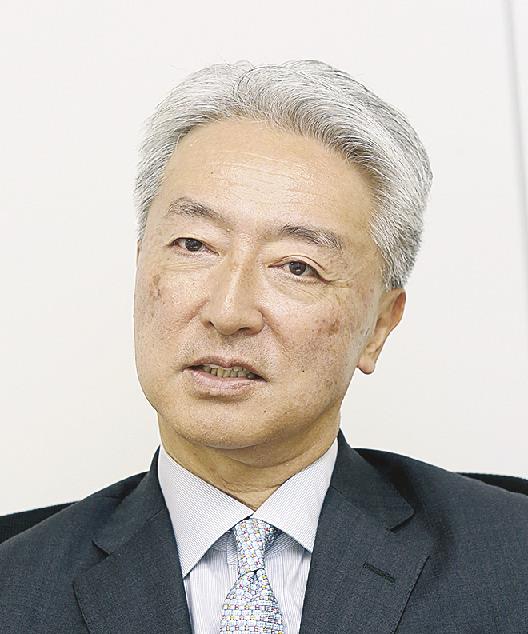Jun Nakahara, Secretary General of the Japan Federation of Construction Contractors (JFCC) / Strengthening Communications Based on Reality
October 1, 2025 – Personnel & Movements

– Appointed on August 1, aims to realize long-term vision and attract more entrants
Jun Nakahara, who took office as Secretary General of the Japan Federation of Construction Contractors (JFCC) on August 1, intends to strengthen the federation’s think-tank function, drawing on his many years of experience in construction administration. He emphasizes the need to urge both government and private-sector clients to design flexible systems that reflect diverse working styles and on-the-ground realities. His goal is to realize the Construction Industry Long-Term Vision 2.0 (announced in July), and build a sustainable construction industry based on the “New 4K” (better salary, vacation, hope, and coolness).
On his aspirations:
“JFCC members account for a large share of total industry sales. I will not only consider the interests of members but also of the entire industry, engaging with ministries such as MLIT as well as private-sector clients in real estate, highways, railways, and electric power. In the short term, the key challenge will be securing the public works budget, including for national resilience measures. We want labor and material price increases properly reflected and the initial public works budget expanded.”
On mid- to long-term focus:
“The greatest challenge is manpower shortage. Without special measures, Japan will face a shortfall of about 1.29 million skilled workers by FY2035. Although many companies are enjoying good performance now, we must prepare for five to ten years ahead. To that end, we will enhance think-tank functions and call for flexible system design that fits actual conditions on the ground.”
He added that uniform overtime regulations do not fit diverse site conditions. Allowing construction workers under the Worker Dispatch Law could ease labor shortages and increase workforce mobility. Infrastructure maintenance through PFI schemes could also strengthen responsiveness by combining major and local contractors.
On foreign workers:
“With Japan’s youth population continuing to shrink, foreign workers are essential, especially construction workers as essential labor. A system allowing more foreign workers with mobility in employment would be desirable. For example, sharing training responsibilities among companies could reduce costs.”
On the Construction Career Up System (CCUS):
“The number of registered skilled workers has reached about 1.7 million, clearing the first major hurdle. Working with the Construction Industry Promotion Fund, we want to make the system more beneficial so that both workers and companies can truly feel its advantages. Linking it with the Construction Retirement Allowance System (Kentaikyo) will also enhance its effectiveness. As more users participate, its database value will grow, creating a positive spiral.”
On targets:
“My top priority is increasing young entrants. The long-term vision calls for skilled workers in their 40s earning over ¥10 million annually, with retirement allowances of ¥10–20 million. We aim to make the industry more attractive through the New 4K, improving productivity and workplace environments.”
Profile:
Born in Kumamoto Prefecture, age 63. Graduated from University of Tokyo Faculty of Law in 1987. Joined Ministry of Construction (now MLIT). Served as Director-General of National Land Policy Bureau (2020–2021). Later Ambassador to Honduras (2021–2025). Joined JFCC as Executive Director in April 2025, became Managing Director in May, and Secretary General in August. Motto: “Mutual prosperity” (his high school’s guiding principle). Hobbies: travel, listening to classical and jazz music.






